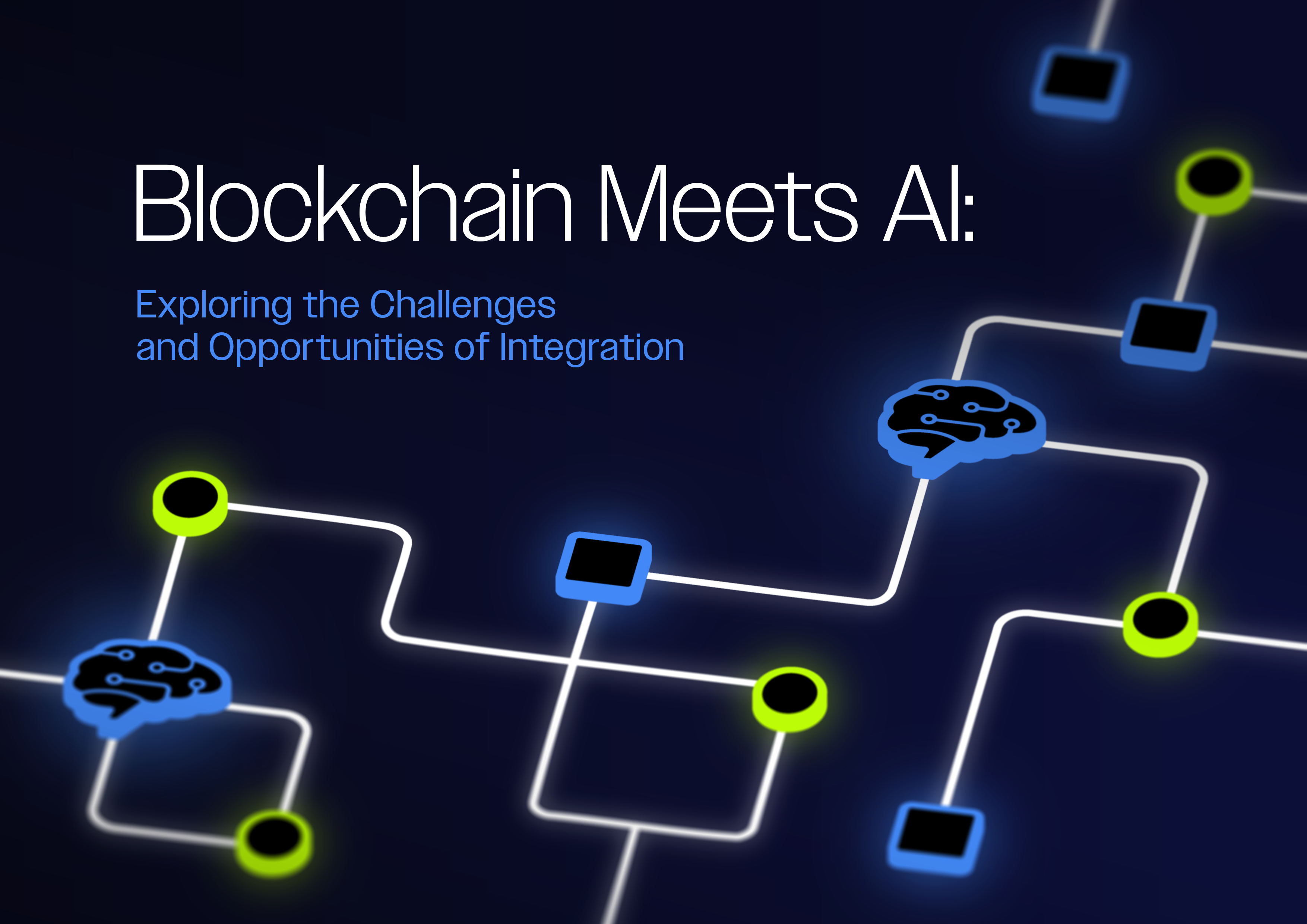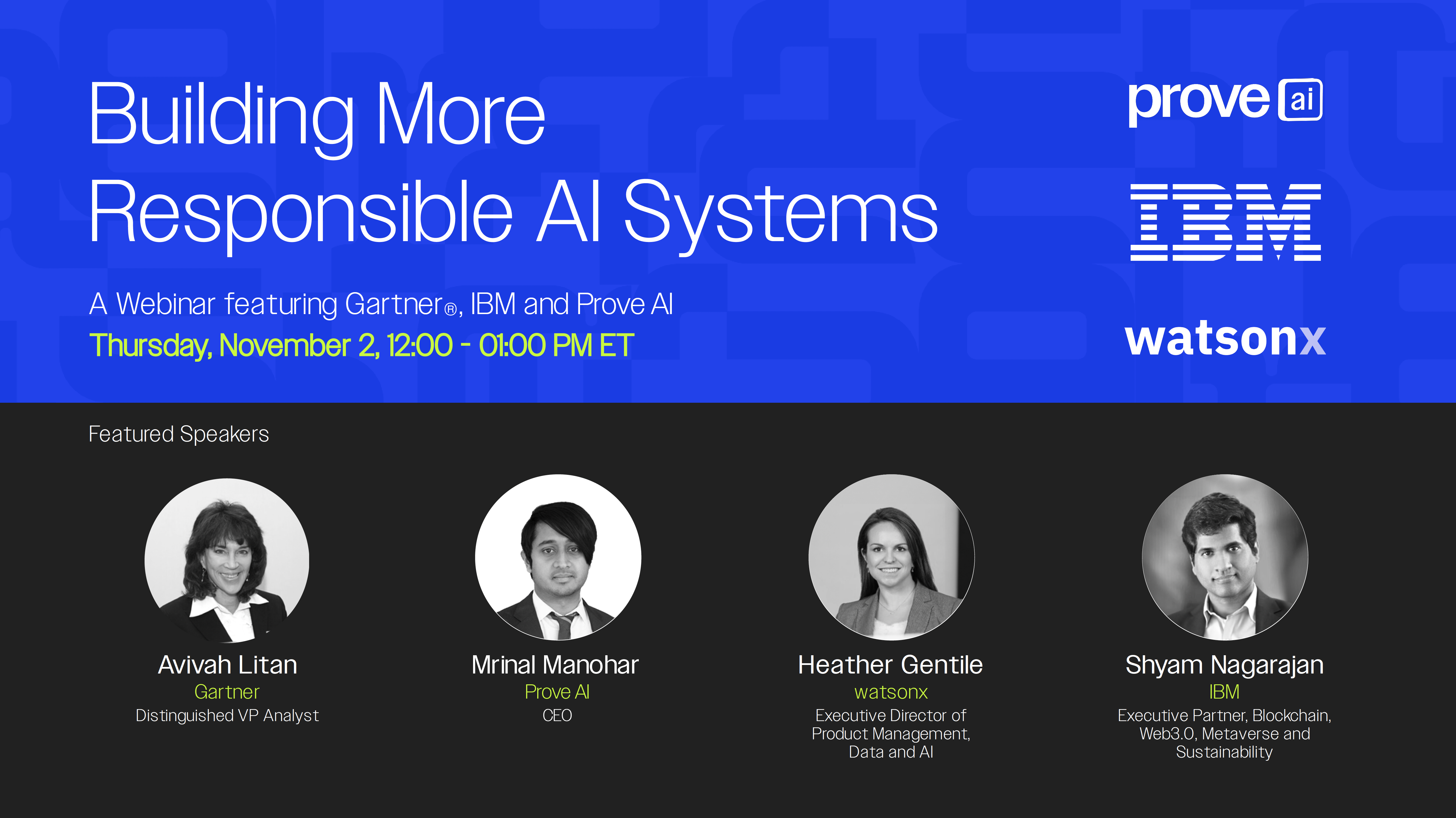And blockchain is emerging as a key part of the solution to run a more efficient – and ethical – form of AI. That’s one of the key findings from our latest data report: Blockchain Meets AI: Exploring the Challenges and Opportunities of Integration.
Models are rigorously trained by consuming massive amounts of data, a process that lacks any real guardrails and remains largely untraceable to human operators. For this reason, many businesses feel like they are going in blind when it comes to AI. There’s no way to accurately track what information is being used, or how.
Prove AI is witnessing firsthand how blockchain technology can help solve AI’s major training and governance challenges. As a transparent, immutable digital ledger, blockchain technology gives companies the ability to timestamp and record the evolution of AI models. Automated smart contracts can be leveraged to codify governance rules for AI operations, laying down the law for how models are trained, evaluated, and deployed while at the same time ensuring compliance with ethical standards.
In our latest report, we polled more than 600 IT decision-makers across the U.S., China, U.K., Germany, Austria and Switzerland. Among other highlights, we found that:
- Almost 90% of organizations plan on investing in AI over the next year.
- 42% of organizations feel challenged by the lack of transparency in AI behavior.
- Improving AI’s effectiveness was the top use case identified for blockchain technology.
We also asked respondents to weigh in on the importance of transparency and accountability in AI implementation, whether or not they view blockchain technology and AI as complementary tools, and if they would consider using the two technologies together. The results were overwhelmingly positive, pointing to a near-future where enterprise organizations can unlock unprecedented operational transparency, security, and efficiency across the board.
The call for ethical AI is only growing louder
On Oct. 30, President Biden signed a long-awaited Executive Order mandating federal agencies and departments to create ethical standards for the use and development of AI applications. But policy alone won’t be enough to hold AI systems accountable. To bring much-needed clarity to their data usage, businesses must find a way to rein in their models and keep pace with evolving standards.
And blockchain technology just might be the missing piece in AI’s puzzle.
From defining data ownership and access rights, to ensuring high-quality training data for models, to simplifying auditing processes for regulators, leaders are recognizing the transformative potential of implementing these two groundbreaking technologies together.
To learn more about how businesses are integrating blockchain and AI together, download the report here.



